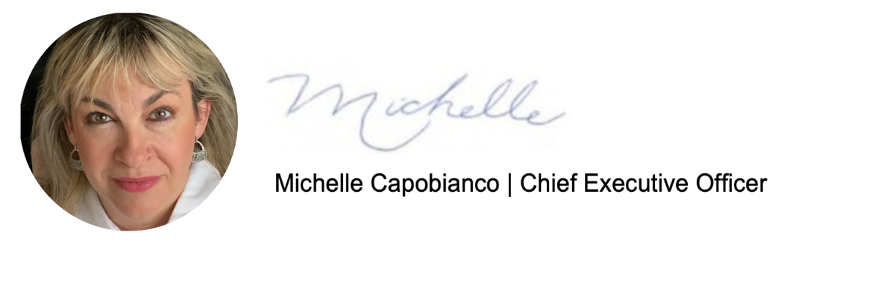
Caregiving During Covid
Monday, May 2, 2022
After several weeks of waiting, I finally received the pathology results from my thyroid, which thankfully indicated that the cancer had not spread. It was truly a relief after all that time waiting through the delays caused by Covid. As I have spoken to before, this experience has inspired some lifestyle changes for me, the most recent being that I have moved to a new private health care clinic. In a country which proudly touts itself as having a robust universal health care system, it is an often unacknowledged reality that there is a second stream of care for those who can afford it. It is my opinion that less hubris on the topic of universality and a greater willingness to encourage those who can afford it to remove themselves from the public system (while ensuring there are checks and balances to maintain quality within the public system), would help lift the burden on the public system and at least start to address the backlog caused by COVID.
I have also been reading the book “When The Body Says No” by Gabor Maté to learn more about the way stress can impact your body and highly recommend it.
My next step is to get ready for my radiation treatment. For ten days leading up to it I need to keep an iodine-free diet. My doctor recommended a resource created by Thyroid Cancer Canada that has helpful suggestions for this part of the treatment process. This is a great example of physicians working with patient care groups that we also strive for with pancreatic cancer. Before I have my radiation – which comes in the form of a single pill – I will need to have injections on two consecutive days, which will help make the radiation more effective. Without private healthcare coverage, these injections would have cost about $2,700 each. On the third day I will receive the Radioactive Iodine Ablation (RIA) pill which will eliminate any remaining thyroid cells and reduce my risk of recurrence. I will need to be isolated at home away from everyone, including my daughter, for a week. That being said, financial support for research has dramatically improved this process. Even just five years ago, this same treatment would have involved staying in the hospital for a week tended by nurses and physicians wearing layers of protective equipment to avoid second-hand radiation. I am grateful that I will be able to stay in my own home with my daughter nearby if there is anything I need. Investments in research could bring radical improvements in pancreatic cancer care as well.
My living with cancer during COVID has caused worry for my loved ones however. In particular, the lifting of mask mandates has raised concerns for my daughter, who worries that I might catch Covid while my body is still recovering and preparing for further treatment. Though it feels more and more like we are getting back to what was normal before the pandemic, she worries that COVID has not been around long enough for us to understand all of the vulnerable populations.
Richard also knows the challenges families experience navigating cancer and Covid at the same time.
“When you’re immunocompromised because of cancer treatment, you have to be very cognizant about Covid: double mask, face shield, washing hands all day long – it can feel like a nightmare.” All of this caution, on top of what is already a very challenging diagnosis, can have an impact not just on the patient, but their loved ones as well. “It can create a lot of anxiety, and mental health within the family is so important. All of my treatment I’ve had to do on my own, which was hard on my wife as well. One of the most important people is also one of the most neglected: your partner. Sometimes it’s the caregiver who needs more support than the person with cancer. Through it all my wife has been unbelievable. You need a village to fight cancer, and you need extended family. Her mum was also very sweet, she made heavy bone broth soups and dinners for us.”
Having been a caregiver to her mother during her brief battle with cancer, Céleste knows first-hand how stressful it can be: managing appointments and researching treatment options on top of housework and feeling that you have to be strong for everyone else – and that does not even take into account the impact of Covid – is exhausting. Since Céleste’s husband is her primary caregiver and companion, she tries to remind him to do some of the things he loves as self-care, like reading and working in the garden. Luckily, many people in Céleste’s community are also helping out: her family, neighbours, and friends from church take turns bringing groceries, picking up prescriptions, and even just stopping by to wave from the porch. Her primary goal is to keep a positive attitude and ask for help when she needs it, and encourage her husband and loved ones to do the same.
Mental health is critically important for both patients and caregivers. This is why we work together with the cancer care experts at Wellspring to provide specialized support to anyone impacted by pancreatic cancer: patients, caregivers, their loved ones, and those whom are bereaved by this disease. This free service is available from the comfort and convenience of your home. Visit our Peer Support page to learn more and get connected with a trained volunteer.
*Pancreatic cancer can be an intensely personal experience, particularly when a patient is still undergoing treatment. With this in mind, we have gathered the experiences of several patients navigating a stage II pancreatic cancer diagnosis, and will present them here in the coming weeks as the story of Céleste.

